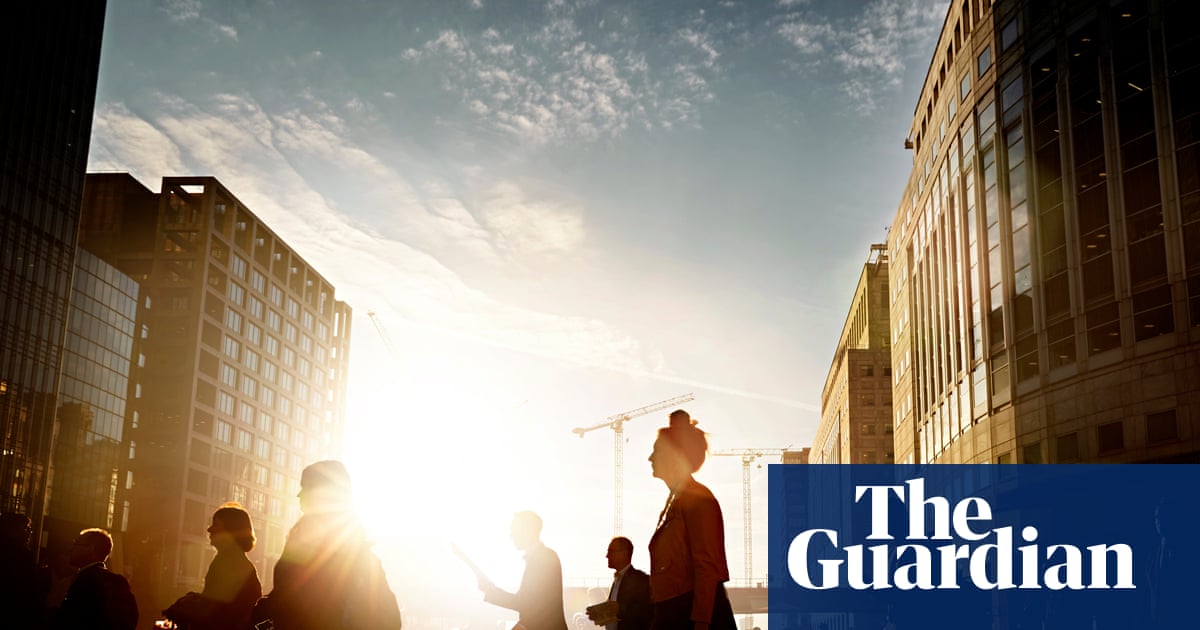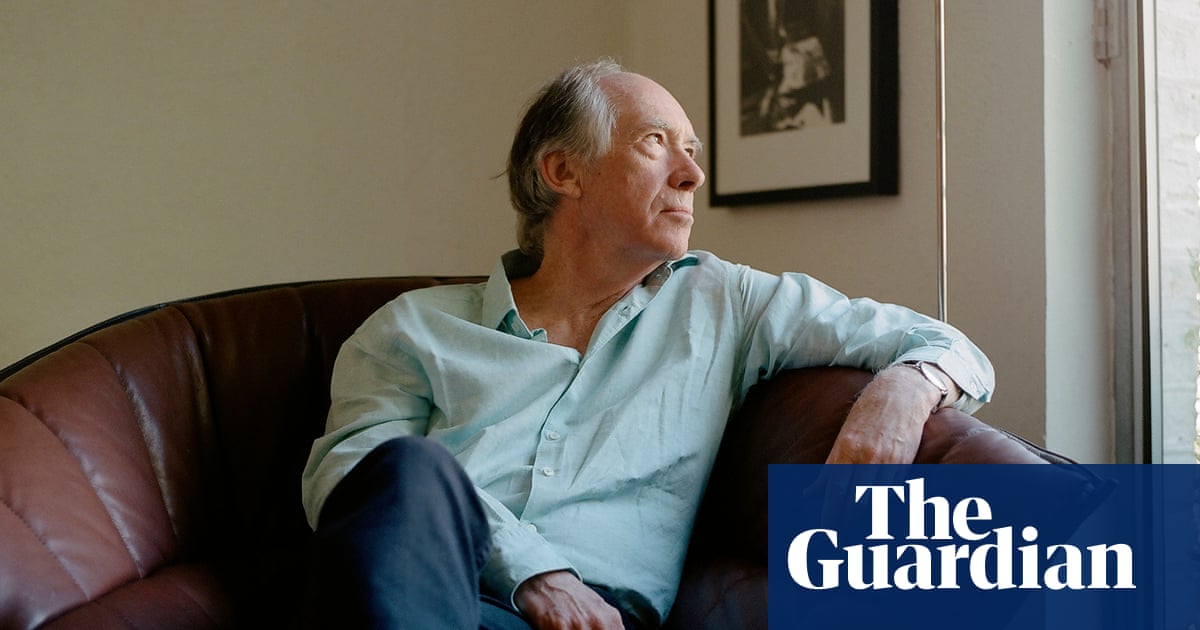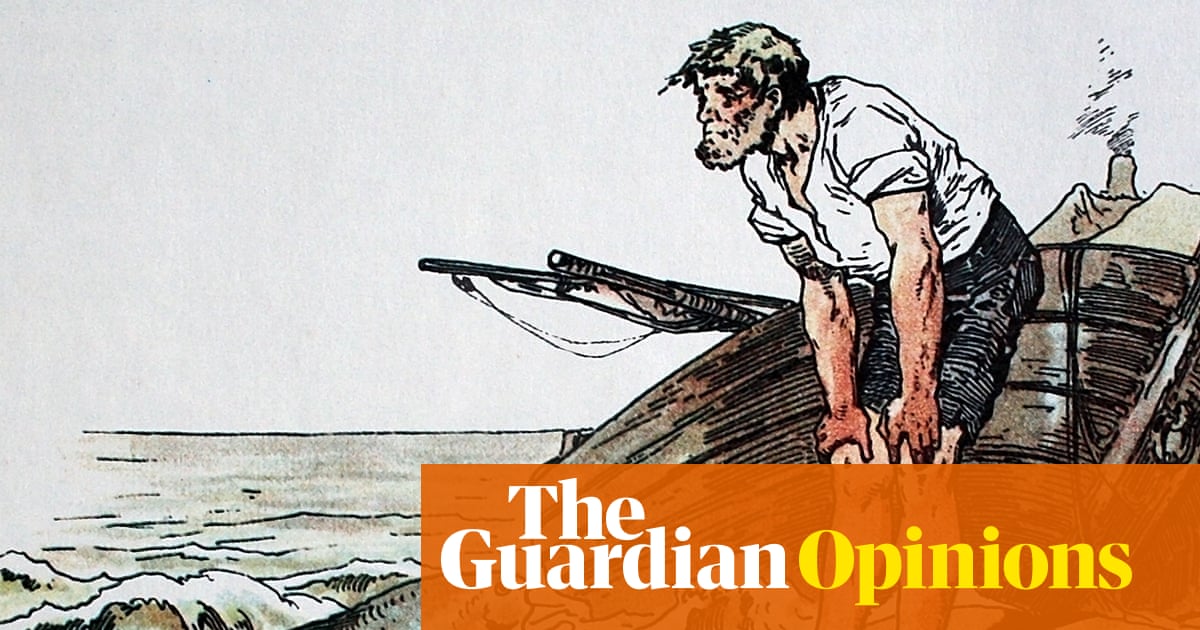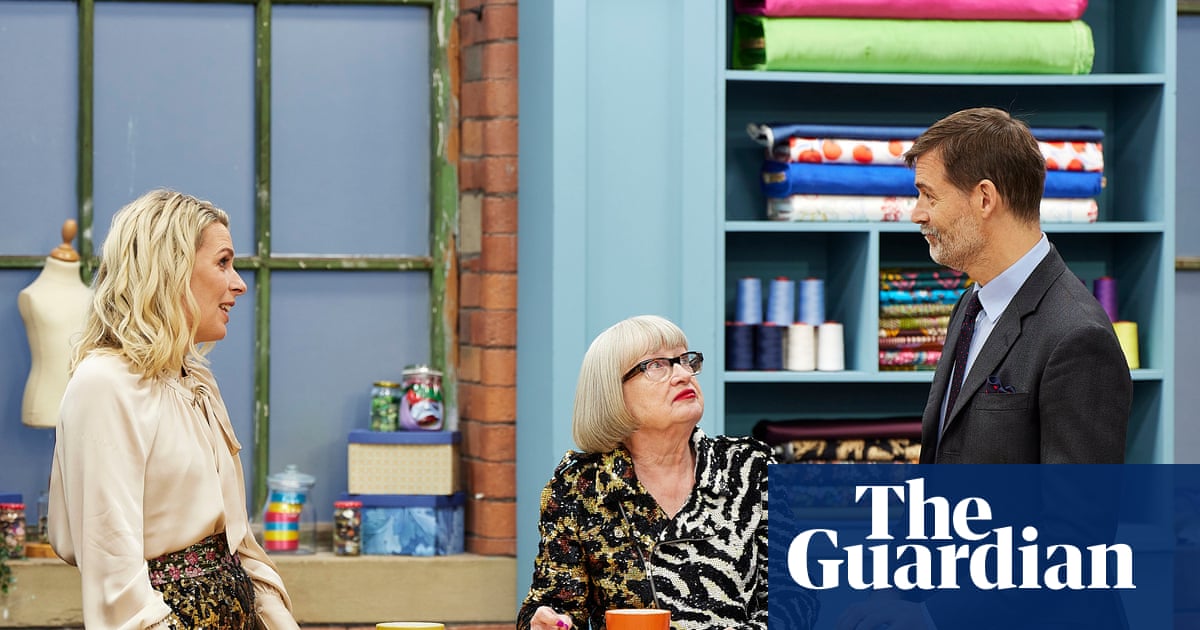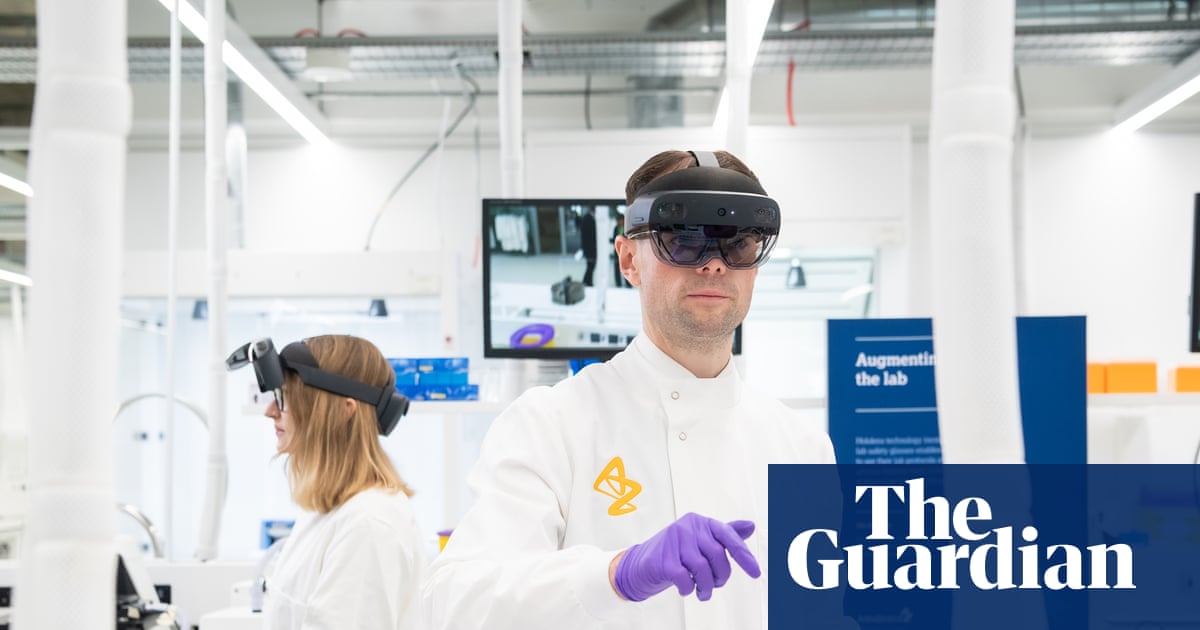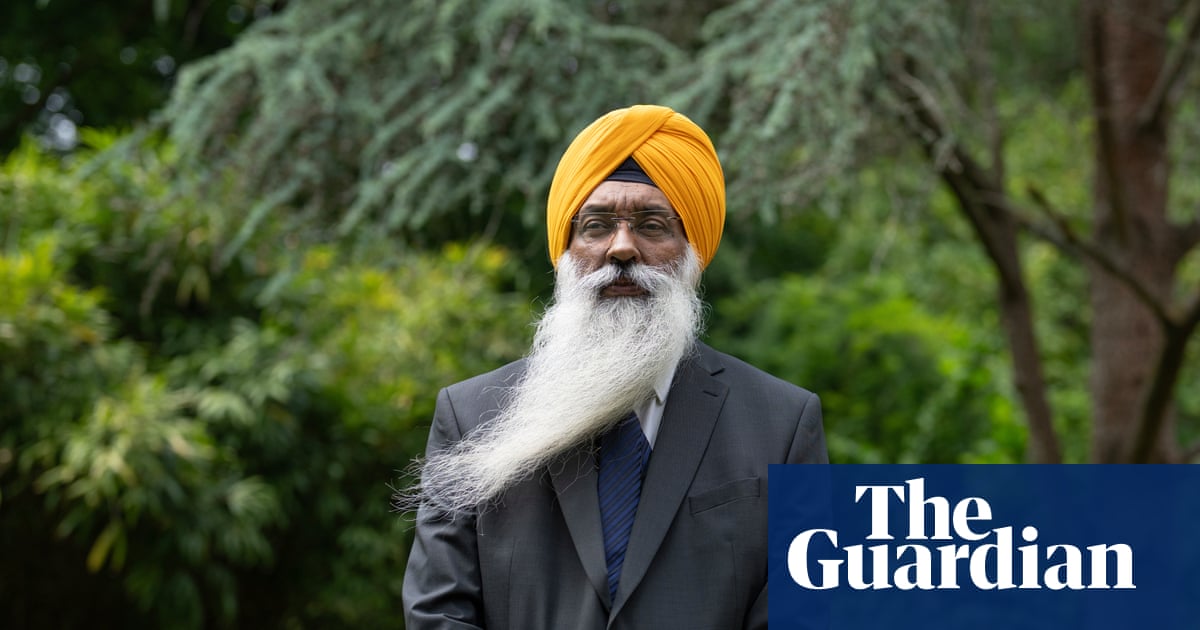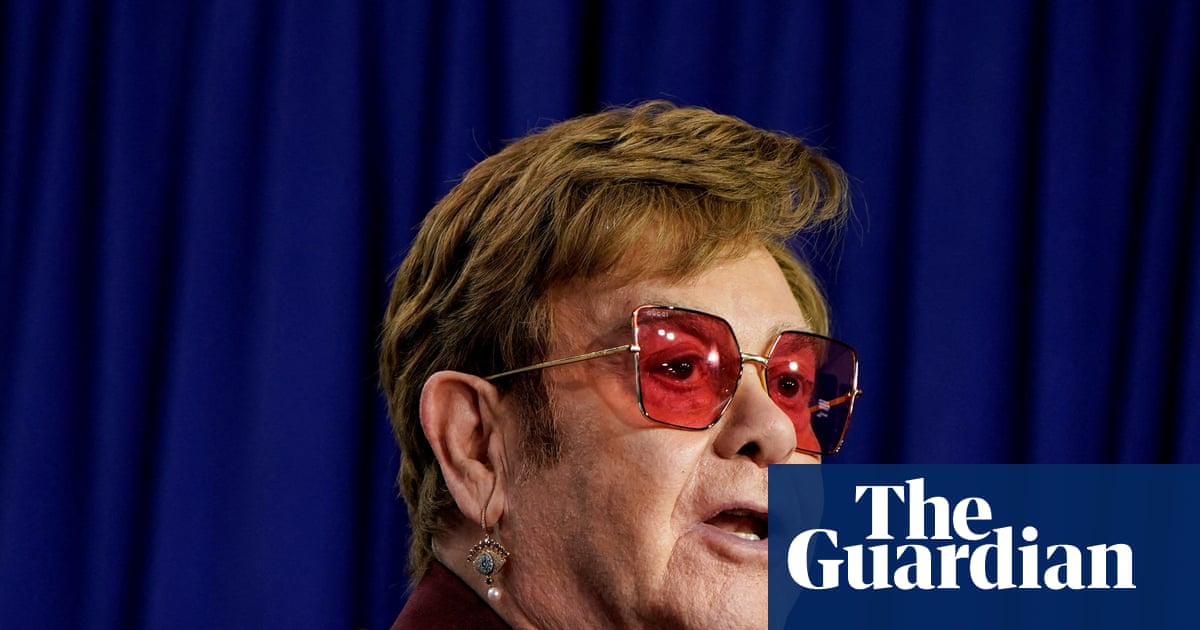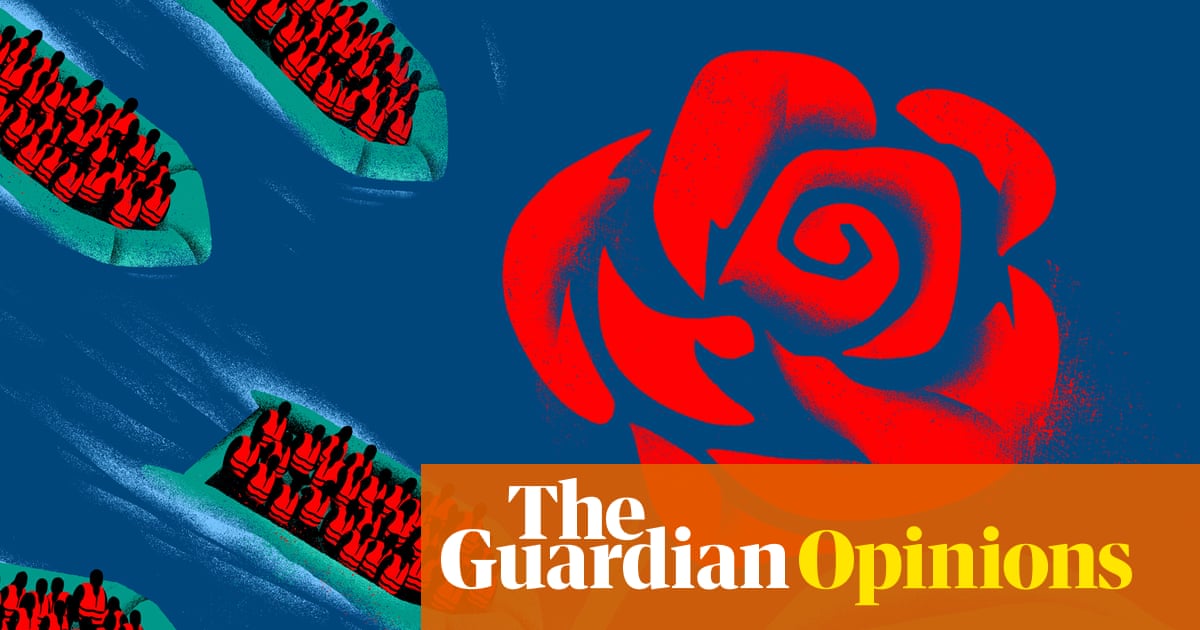For months now, legends of music, literature, product design, the visual arts and more have been sounding the alarm about the British government’s plan to undermine copyright law. The fight kicked off when the government launched a consultation into regulating artificial intelligence with its own “preferred” outcome: letting AI companies steal copyrighted work by default unless the owners of that work “opt out”. But opting out is impossible to do without AI transparency. The plan is a charter for theft, since creatives would have no idea who is taking what, when and from whom.
When the government stoops to a preferred outcome that undermines the moral right to your work and income, you might reasonably be angered. As Elton John said last weekend: “The government have no right to do this to my songs. They have no right to do it to anybody’s songs, or anybody’s prose.” His is just one voice among the thousands of British creators who are crying foul.
My colleagues and I from all sides in the House of Lords have acted where the government has refused, adding emergency transparency measures to the legislation – the data (use and access) bill – that is passing through parliament. Our amendment would allow existing copyright law to be enforced: copyright owners would understand when, where and by whom their work was being stolen to train AI. The logic being that if an AI firm has to disclose evidence of theft, it will not steal in the first place. These measures, voted for in ever-increasing numbers by lords from all parties – and notable grandees from the government’s own backbenches – were voted down by a government wielding its significant, if reluctant, majority.
But the Lords’ resistance did finally bring the secretary of state for technology, Peter Kyle, to the dispatch box on Thursday. Here, he bewilderingly admitted that “much content has already been used and subsumed by AI models, usually from other territories and under the current law” – meanwhile taking out the Lords’ provisions that would prevent that very theft. He mentioned his love for Kate Bush, one of more than 400 people, along with Paul McCartney and Ian McKellen, who signed a letter to the prime minister asking for a change of policy. But his policy resolutely remained unchanged. No transparency, no timeline and no help for creatives.
Again, this week, the government missed its chance to get this right. To support one of our greatest industrial sectors, which provides 2.4m jobs and contributes £126bn and a whole lot of joy to the UK’s four nations. Not one MP from any side came to the government’s rescue. On the contrary, Kyle was subjected to a barrage of interventions that expressed an emergency he was failing to deal with. As one MP told me afterwards: “One of our greatest industrial sectors is on fire and ministers are having a picnic on the lawn with the arsonists.”
With its enormous majority, the government will be able to bully its way to victory on any given bill. But a win for the government is a catastrophe for the creative industries and Britain’s indigenous AI economy (which, incidentally, has been critical of the government’s approach for the way it favours the larger US players).
Britain’s creative industries embody our history, they hold our shared truth and they tell our national story. A nation that gives away its capacity to tell its own story is a fragile place indeed. But the fight isn’t over yet – the data (use and access) bill returns to the Lords on 2 June.
-
Beeban Kidron is a film director and crossbench peer in the House of Lords

.png) 3 months ago
51
3 months ago
51
